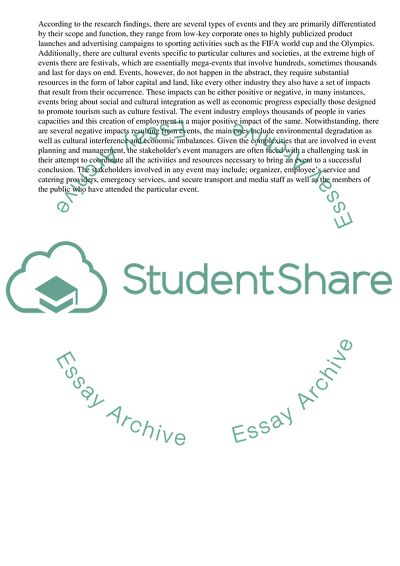Cite this document
(“Events Impact and Events Stakeholder Management Essay”, n.d.)
Events Impact and Events Stakeholder Management Essay. Retrieved from https://studentshare.org/management/1629470-evaluate-the-current-level-of-understanding-of-events-impact-and-events-stakeholder-management-and-how-they-integrate-into-the-events-management-process-emp
Events Impact and Events Stakeholder Management Essay. Retrieved from https://studentshare.org/management/1629470-evaluate-the-current-level-of-understanding-of-events-impact-and-events-stakeholder-management-and-how-they-integrate-into-the-events-management-process-emp
(Events Impact and Events Stakeholder Management Essay)
Events Impact and Events Stakeholder Management Essay. https://studentshare.org/management/1629470-evaluate-the-current-level-of-understanding-of-events-impact-and-events-stakeholder-management-and-how-they-integrate-into-the-events-management-process-emp.
Events Impact and Events Stakeholder Management Essay. https://studentshare.org/management/1629470-evaluate-the-current-level-of-understanding-of-events-impact-and-events-stakeholder-management-and-how-they-integrate-into-the-events-management-process-emp.
“Events Impact and Events Stakeholder Management Essay”, n.d. https://studentshare.org/management/1629470-evaluate-the-current-level-of-understanding-of-events-impact-and-events-stakeholder-management-and-how-they-integrate-into-the-events-management-process-emp.


